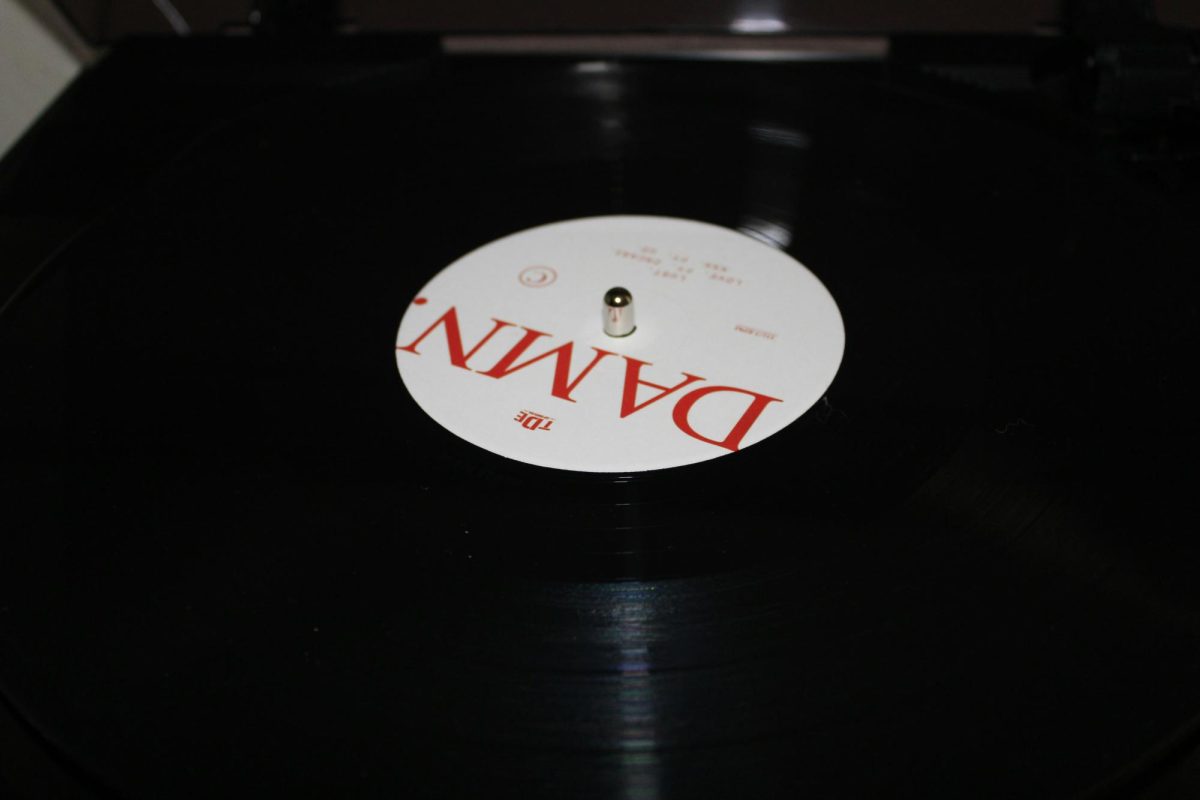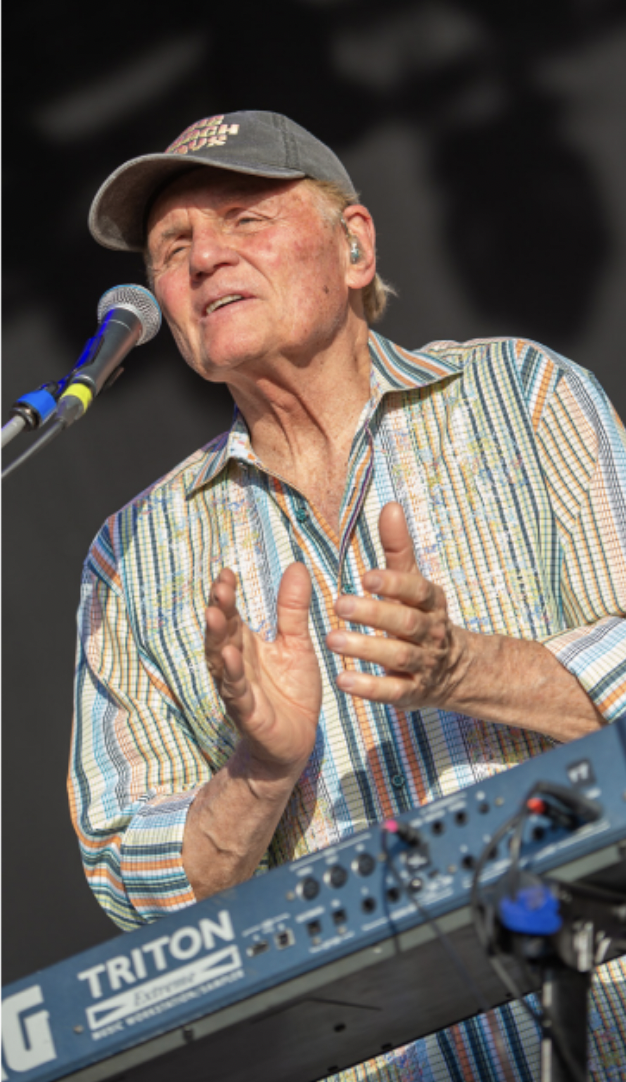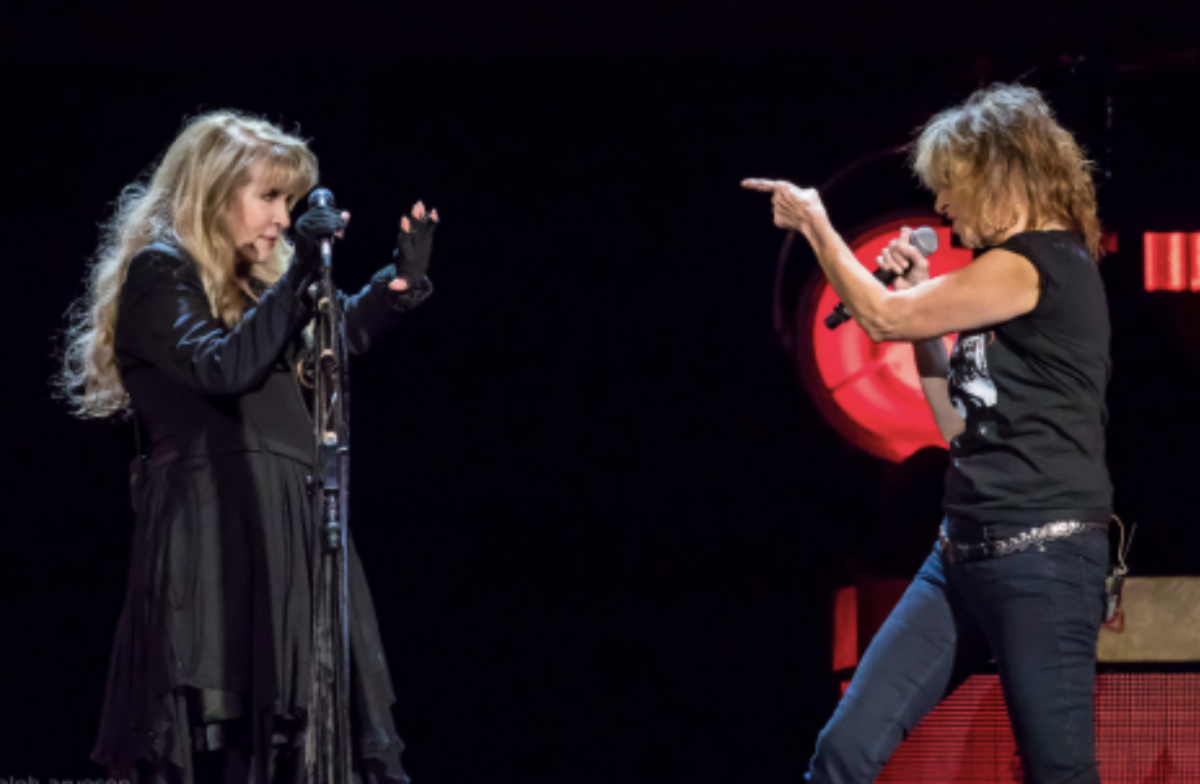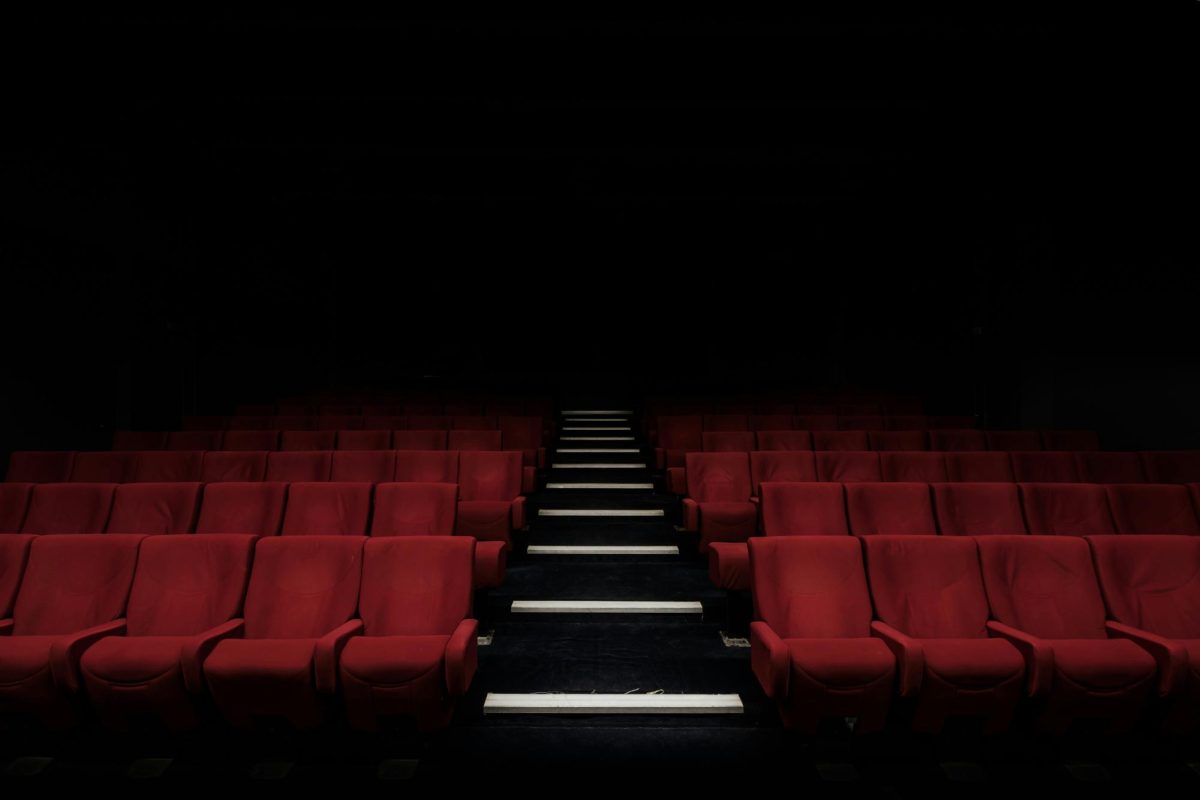e truth in reality television. What is certain, however, is the world’s relentless appetite for an American love story. In June of 2024, the newest season of Love Island gained millions of worldwide viewers desperate to watch contestants scramble to find their perfect match.
The reality TV show Love Island USA features contestants competing for a $100,000 prize by coupling up and finding love. Contestants can win by doing well in daily challenges and receiving the most votes for Best Couple. By surviving the final ceremonies where they can get voted off the island each week, they gain the chance of winning a fortune.
For many, shows about finding love are a great binge; they offer a way for viewers, such as junior Honora Griffiths of Red Bank, to disconnect from their own reality and immerse themselves in someone else’s drama.
“I thought it was very entertaining; there was a lot of drama. I was hooked—it’s kind of like an addiction, I couldn’t stop watching it,” Griffiths said.
Even those who did not indulge in watching this season of Love Island, such as Senior Molly McCarthy of Manasquan, were exposed to its content, as several videos of the contestants went viral on social media platforms like TikTok.
“I saw the video where the contestants were like ‘I’m looking for a guy in the villa’, but it didn’t make me compelled to watch the show. It made me interested in the contestants,” McCarthy said. “It’s not my kind of show because the people are a little too superficial.”
However, others are left questioning if the connections demonstrated are truly genuine, or if contestants stage their feelings in the conquest of fame. Reality TV can be easily manipulated by producers which many viewers believe ruins the authenticity of shows such as Love Island. In the past, another reality TV show, Too Hot Handle, was exposed for encouraging cast members to do or say certain things and edit clips to their preference. This leads viewers to be skeptical of whether Love Island is orchestrated in the same way.
Junior Shawn Ribiero of West Long Branch felt the felt the show had both true and fake elements.
“I think the majority of the contestants were there for fame… You can tell by how none of the relationships end up working out,” said Ribiero. “But I believe those who were there for love did find real love and found a real connection with someone.”









